Sustainable Development Goal 14
Conserve and sustainably use the oceans, seas and marine resources for sustainable development
Learn how UVic advanced SDG 14 during 2024
On this page you can get a glimpse of the great work done by the campus community to advance SDG 14 during 2024, centred around the key areas of the university:
Education & student experience
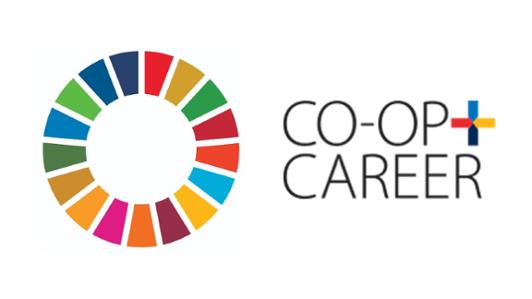
SDG 14 in action at Co-op and Career

Indigenous ecological restoration
Hannah Gentes, graduate of Indigenous Studies and Environmental Studies at UVic, applies an Indigenous and community-centred lens at her work in an ecological marine restoration non-profit.
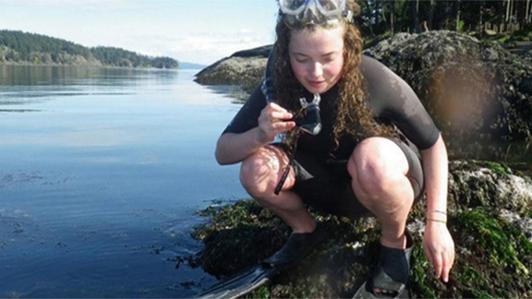
Marine Sciences at UVic
Capturing fish sounds
Xavier Mouy, a recent UVic PhD graduate and his colleagues have devised a relatively low-cost technology to surreptitiously record and identify the sounds fish make underwater.
Marine science and conservation
Grad students Moronke Harris and Lauren Man, are inspiring cases of quality research on communities of microbes around the vents of underwater volcanoes, and the impact of climate change in kelp forests.
Research
FACULTY MEMBERS PUBLISHED ON SDG 14
OpenAlex 2020–2024JOURNAL ARTICLES ON SDG 14
OpenAlex 2020–2024CITATIONS OF SDG 14 RESEARCH
OpenAlex 2020–2024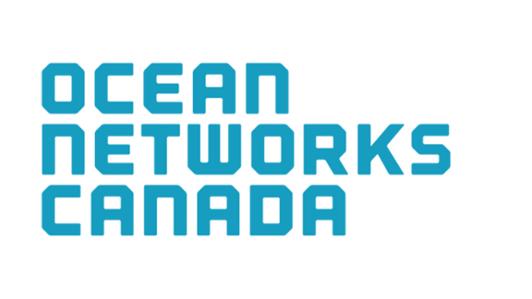
Ocean Networks Canada
Ocean Networks Canada (ONC) operates world leading marine observatories in the Pacific, Atlantic, and Arctic coasts of Canada, accelerating scientific discovery and solutions that support life on our planet.

Preventing overfishing
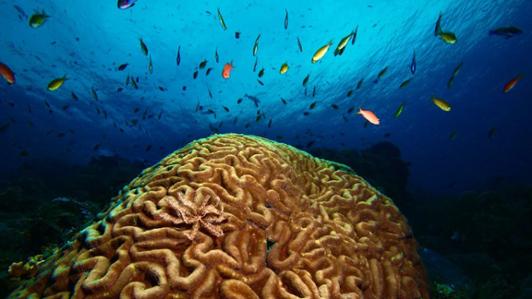
Library of fish sounds
FishSounds.net is a website developed by an international team led by UVic's researchers, that complies acoustic recordings and publishes information on sound production across all extant fish species globally.
Marine survival project
UVic is part of the Salish Sea Marine Survival Project, an international collaborative research initiative addressing the most critical unknown for recovering Salish Sea salmon, steelhead and sustainable fisheries.
McDonald Fellowship for building resilient oceans
Dr. Amanda Bates was awarded a prestigious Arthur B. McDonald Fellowship for her scholarship, international collaborations and visionary research program on ocean ecosystems change, resilience and conservation due to climate change.
Community & campus operations

Community fishers training
The Community Fishers training at UVic empowers community members to contribute to better understand and inform policy on fish habitat and the ocean environmental changes over time.
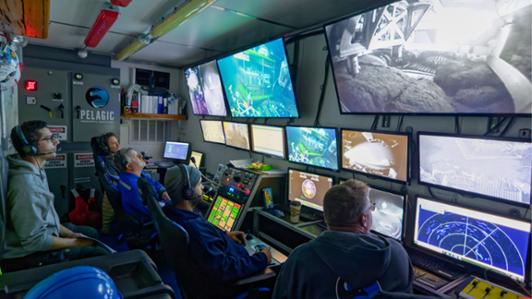
Ocean observatory
Ocean Networks Canada (ONC), received an investment of $46 million over five years, to support its network of cabled, mobile, and community-led observatories that monitor ocean conditions.

Ocean Week Victoria
UVic research institute, Ocean Networks Canada, is a proud sponsor of Ocean Week Victoria, which annually organizes and hosts 8 days of in-person and virtual events and activities dedicated to ocean conservation, protection, and marine science. All events are free and open to the public.
Monitoring the health of aquatic ecosystems
The Canadian Pacific Robotic Ocean Observing Facility (C-PROOF) uses state of the art technology improving timely predictions of fish stocks to address economic and ecological concerns.
Policy & policy making
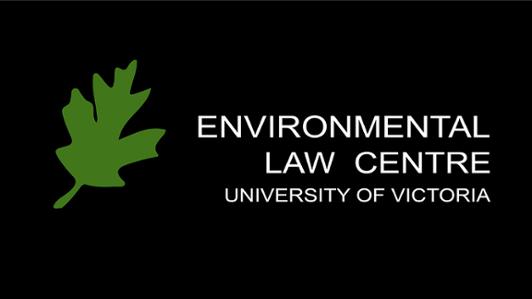
Indigenous Shellfish survival
The Environmental Law Center presented a submission on behalf of the Pauquachin First Nation to various provincial ministries regarding the rehabilitation of shellfish habitat on the Saanich Peninsula and the BC coast.

Ocean Wise global initiative
University Food Services is committed to increase the availability of Ocean Wise certified products in its diners, a global partnership that aims to reduce overfishing, ocean pollution and climate change.

National policy recommendation
Land and water policy
Andrew Ambers, UVic’s graduate in Indigenous studies and political science, is proposing a promising new approach to water resource management policy and law: The river’s legal personhood, a branch growing on Canada’s multi-juridical living tree.
News & events
UVic stories and events from the past year focused on SDG 14 themes.
View more stories about SDG 14

